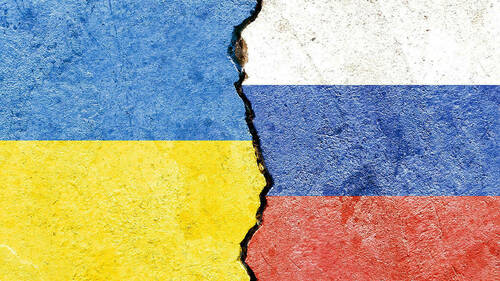By air, land, and sea, Russia has launched a devastating attack on Ukraine, a European democracy of 44 million people.
Vocabulary
exodus /ˈeksədəs/ n. a mass departure of people, especially emigrants
ex. There was an exodus of tourists in the country after the pandemic.
jeopardize /ˈjepərˌdīz/ v. put (someone or something) into a situation in which there is a danger of loss, harm, or failure
ex. Focus on your studies, don’t jeopardize them because of your part-time job.
genocide /ˈjenəˌsīd/ n. the deliberate killing of many people from a particular nation or ethnic group with the aim of destroying that nation or group
ex. Genocide is unforgivable and it is well recorded in world history.
onslaught /ˈänˌslôt,ˈônˌslôt/ n. a fierce or destructive attack
ex. The war created a huge onslaught in the country.
extremists /ikˈstrēməst/ n (plural form). a person who holds extreme or fanatical political or religious views, especially one who resorts to or advocates extreme action
ex. Extremists will always challenge the government to do better or do some action.
Comprehension
Questions
What country launched a devastating attack on Ukraine?
What did the resident of Russia say about Ukraine
on February 24?
Who is the president of Ukraine during this attack?
Describe the invasion that happened in Ukraine.
If you are a president, what can you do to protect your
people?
Article Reading
By air, land, and sea, Russia has launched a devastating attack on Ukraine, a European democracy of 44 million people. Its forces are bombing city centers and closing in on the capital, Kyiv, prompting a mass exodus of refugees.
For months, President Vladimir
Putin denied he would invade his neighbor, but then he tore up a peace deal and
unleashed what Germany calls "Putin's war", pouring forces into
Ukraine's north, east and south. As the number of dead climbs, Russia's leader
stands accused of shattering the peace in Europe. What happens next could jeopardize
the continent's entire security structure.
Why have Russian troops
attacked?
In a pre-dawn TV address on 24
February, President Putin declared Russia could not feel "safe, develop
and exist" because of what he claimed was a constant threat from modern
Ukraine.
Immediately, airports and
military headquarters were attacked, then tanks and troops rolled in from
Russia, Russia-annexed Crimea, and its ally Belarus. Now, warplanes have
bombed major cities, and Russian forces have seized control of the key southern
port city Kherson.
Russia refuses to use the terms
war or even invasion; many of its leader's justifications for it were false or
irrational. He claimed his goal was to protect people subjected to bullying and
genocide and aim for the "demilitarization and
de-Nazification" of Ukraine. There has been no genocide in Ukraine: it is
a vibrant democracy, led by a president who is Jewish.
"How could I be a
Nazi?" said Volodymyr Zelensky, who likened Russia's onslaught to
Nazi Germany's invasion in World War Two. Ukraine's chief rabbi and the
Auschwitz Memorial have also rejected Russia's slur.
How much of Ukraine does
Russia control?
President Putin has frequently
accused Ukraine of being taken over by extremists, ever since its
pro-Russian president, Viktor Yanukovych, was ousted in 2014 after months of
protests against his rule.
Russia then retaliated by seizing
the southern region of Crimea and triggering a rebellion in the east, backing
separatists who have fought Ukrainian forces in a war that has claimed 14,000
lives.
Late in 2021, Russia began
deploying big numbers of troops close to Ukraine's borders, while repeatedly
denying it was going to attack. Then Mr. Putin scrapped a 2015 peace deal for
the east and recognized areas under rebel control as an independent.
Russia has long resisted
Ukraine's move towards the European Union and the West's defensive military
alliance, NATO. Announcing Russia's invasion, he accused NATO of threatening
"our historic future as a nation".
Full article @https://www.bbc.com/news/world-Europe-56720589
